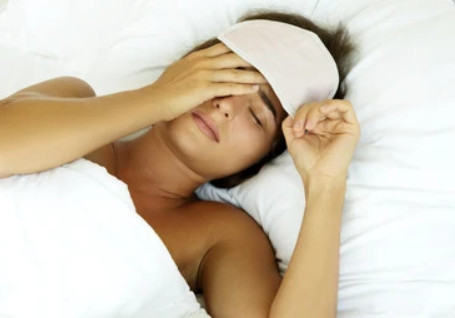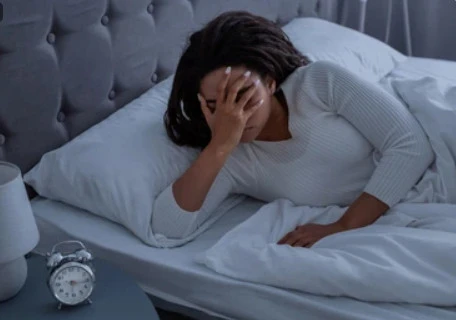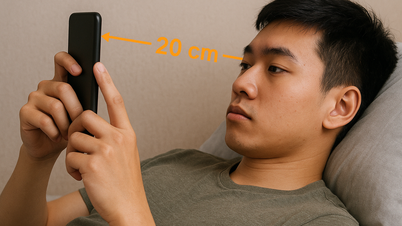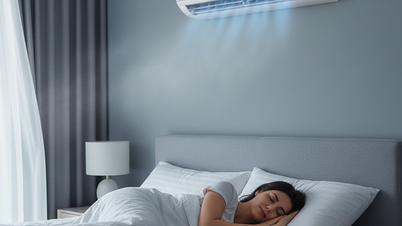Dr. Reena Mehra, director of sleep disorders research at the Cleveland Clinic (USA), explains that focusing too much on sleep can interfere with the sleep process. It will be counterproductive, according to the New York Post.

More than 30% of the US population does not get the recommended 7 to 9 hours of sleep each night.
According to the US Centers for Disease Control and Prevention (CDC), more than 30% of the population does not get enough 7 to 9 hours of sleep each night.
Research shows that the ideal amount of sleep needed each night can vary from person to person due to genetics and other reasons, and it is important to tailor sleep duration recommendations to each individual case.
The National Institutes of Health (NIH) and the American Heart Association (AHA) warn that lack of sleep can increase the risk of heart attack, stroke, and many other diseases. Researchers, scientists, psychologists, and sleep experts all advise that the best way to go to bed is to relax, absolutely do not stress for any reason.

Stressing about getting enough sleep can reduce the quality and duration of your sleep.
Sleep patterns and habits are also important, says Shelby Harris, PhD, clinical associate professor of neurology and psychology at Albert Einstein College of Medicine. However, she stresses that if you can’t get enough sleep, don’t let stress get the best of you.
Dr. Harris also notes that it's important to remember that before the invention of drugs and technology, people were able to sleep well.
The pressure we put on ourselves is making our sleep worse, Dr. Harris notes, according to the New York Post.
Source link






![[Photo] Prime Minister Pham Minh Chinh chaired a meeting of the Steering Committee on the arrangement of public service units under ministries, branches and localities.](https://vphoto.vietnam.vn/thumb/1200x675/vietnam/resource/IMAGE/2025/10/06/1759767137532_dsc-8743-jpg.webp)
![[Photo] Prime Minister Pham Minh Chinh chairs a meeting of the Government Standing Committee to remove obstacles for projects.](https://vphoto.vietnam.vn/thumb/1200x675/vietnam/resource/IMAGE/2025/10/06/1759768638313_dsc-9023-jpg.webp)






























































































Comment (0)